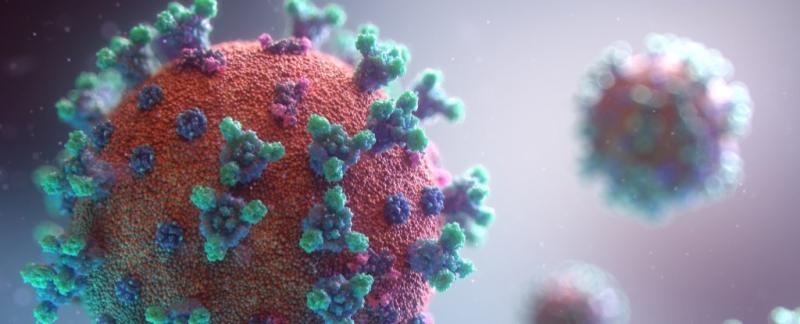'Brain fog': the people struggling to think clearly months after Covid
Category: News & Politics
Via: krishna • 5 years ago • 9 commentsBy: Nicola Davis Science correspondent




Doctors are starting to see ‘brain fog’ symptoms among people who were never in hospital with the illness. Photo: Philippe Lopez/AFP/Getty Images
For Mirabai Nicholson-McKellar, Covid-19 brought an onslaught of symptoms from chest pains to an 11-day migraine, three positive test results, and a period in hospital.
Seven months later, the rollercoaster is far from over: the 36-year-old from Byron Bay, Australia is still experiencing symptoms – including difficulties with thinking that are often described as “brain fog”.
Brain fog seems like such an inferior description of what is actually going on. It’s completely crippling. I am unable to think clearly enough to [do] anything,” says Nicholson-McKellar, adding that the experience would be better described as cognitive impairment.
The consequences, she says, have been enormous.
Dr Michael Zandi, a consultant at the UCL Queen Square Institute of Neurology , says he has seen patients who have been living with brain fog for a few months. While some have been admitted to hospital or intensive care with Covid, Zandi says he is now seeing cases among people who coped with Covid at home.
“The proportion of people with cognitive symptoms for any period of time as a result of Covid-19 is unknown, and a focus of study now, but in some studies could be up to 20%,” he says.
Zandi says there could be many causes of brain fog in Covid survivors, from inflammation in the body to a lack of oxygen to the brain – the latter is a particular concern for those who spent time on ventilators.
Zandi adds that experiments in lab dishes have even suggested the virus can infect brain cells and choke off oxygen delivery to adjacent cells

Paterson says there is evidence from Covid patients hospitalised with severe neurological syndromes that the coronavirus can affect the nervous system, with concerns it could be causing problems such as neuro-inflammation and damage to the protective coating of nerve cells.
There could be psychological factors, too, particularly among Covid survivors who spent time in intensive care. “That is a very frightening thing to have gone through,” says Zandi.
Scientists have already formed a partnership – dubbed CoroNerve – to explore the neurological and neuropsychiatric complications of Covid-19, while in other work Paterson and colleagues are looking at blood and spinal fluid collected from Covid patients who were hospitalised with neurological symptoms, those who had Covid without such problems, and healthy individuals.
The aim of the new work, he says, is to explore whether even those without neurological symptoms show markers of neurological damage, and to what extent any processes are ongoing.
Like Nicholson-McKellar, Melanie Montano, 32, from New Jersey, in the US, is part of the Body Politic Covid-19 support group on the social media site Slack and tested positive for Covid in March.
About two weeks after her symptoms began, brain fog set in, hampering her work as a writer and educator and leaving her struggling to articulate thoughts or remember details. That, Montano says, is a particular problem as she is applying for a new job.
“I’m just existing in this haze-like frame of mind in which I’m constantly on autopilot,” she says.
I wonder if they're testing fluctuation in histamine and GABA reception levels too. I'm not 100% sure what else they would look for in a spinal tap.
Whatever the virus does, they will gain more information over time.
However its becoming more and more obvious that these cases are more frequent than originally thought.
(Remember when the Virus was first discovered? Initially everyone thought it was only a respiratory disease, mainly in the lungs.)
Then they discovered in many cases it caused p[ermanent heart damage...